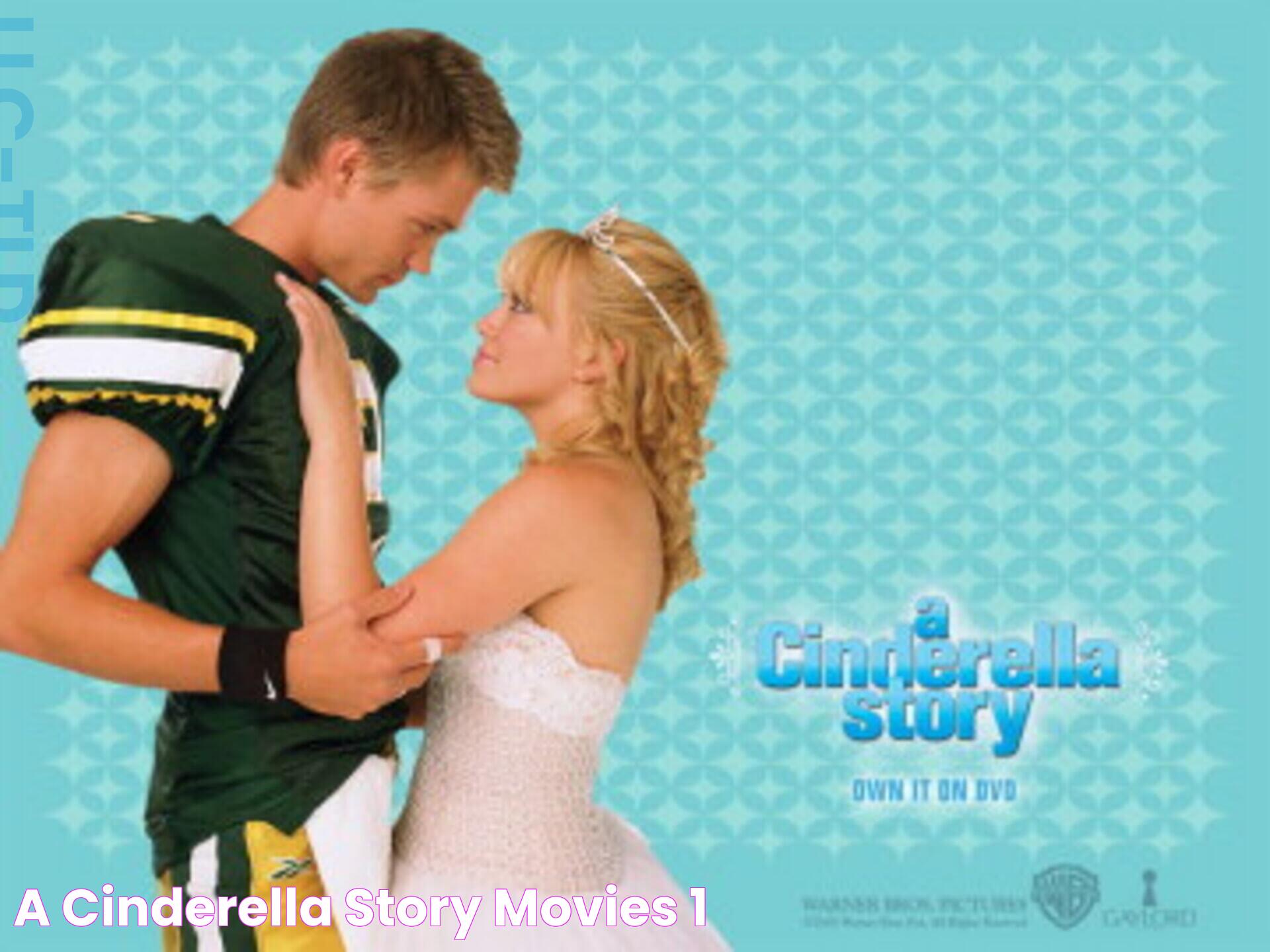The Cinderella original story has captivated hearts for centuries, transcending cultures and generations with its timeless charm and universal appeal. From its humble beginnings as a folktale to its modern adaptations in literature, film, and beyond, Cinderella's journey from rags to riches continues to inspire and delight audiences worldwide. The story’s core message of hope, resilience, and kindness in the face of adversity resonates deeply, making it one of the most enduring tales in human history.
While many recognize the Disney adaptation of Cinderella, the story’s origins are far older, tracing back to ancient times. Each retelling of the tale brings a unique cultural flavor, yet the central narrative—a kind-hearted heroine overcoming hardship to find her happily-ever-after—remains intact. The Cinderella original story is a testament to the enduring power of storytelling, illustrating how universal themes can unite people across time and place.
In this in-depth article, we’ll explore the rich history of the Cinderella original story, its cultural variations, and its lasting influence on popular culture. From an analysis of its earliest versions to a detailed breakdown of its iconic elements, this guide will shed light on why Cinderella continues to enchant us. Whether you’re a fan of fairy tales or a scholar of folklore, this article offers a comprehensive look at one of the most beloved stories of all time.
Read also:Mastering The Art Of Bunny Cosplay An Ultimate Guide
Table of Contents
- Biography of Cinderella
- What Is the Origin of the Cinderella Story?
- Early Versions of the Cinderella Original Story
- Cinderella in Charles Perrault’s Tale
- How Did the Brothers Grimm Adapt Cinderella?
- Cultural Variations of the Cinderella Story
- Key Elements in the Cinderella Original Story
- The Role of Magic in Cinderella
- Modern Adaptations and Interpretations
- Why Is the Cinderella Story So Popular?
- What Lessons Does the Cinderella Story Teach?
- Psychological Analysis of the Cinderella Story
- Symbolism in the Cinderella Original Story
- How Has Cinderella Influenced Pop Culture?
- FAQ About the Cinderella Original Story
Biography of Cinderella
Cinderella, the titular character of the beloved fairy tale, is one of the most iconic figures in folklore. Known for her grace, kindness, and perseverance, she embodies the ideal of a virtuous heroine who triumphs over adversity. While Cinderella’s story varies across cultures, certain core elements—her mistreatment by a wicked stepmother, her transformation through magical intervention, and her ultimate union with a prince—are consistent.
Personal Details and Bio Data
| Full Name | Cinderella |
|---|---|
| Origin | Varies by culture; earliest known origin from Ancient Egypt (Rhodopis story) |
| First Published | 1697 (Charles Perrault’s “Cendrillon”) |
| Key Traits | Kindness, resilience, humility |
| Famous Adaptations | Disney's 1950 animated film, the Brothers Grimm's "Aschenputtel" |
Though Cinderella’s character is often idealized, her humanity shines through her struggles. She is not just a passive recipient of magic but a figure of hope and determination. Her story reminds us that even in the darkest of times, kindness and courage can pave the way to brighter days.
What Is the Origin of the Cinderella Story?
The Cinderella original story has roots that stretch back thousands of years. One of the earliest recorded versions is the tale of Rhodopis, an Ancient Greek story set in Egypt. This version, written by the historian Strabo in the 1st century BCE, tells of a slave girl whose sandal is carried off by an eagle and dropped in the lap of a king, who then searches for its owner.
Another early version comes from 9th-century China, featuring the story of Ye Xian. In this tale, the heroine is aided by a magical fish and overcomes her cruel stepmother to marry a king. These early iterations highlight the universal appeal of the Cinderella narrative, which transcends cultural and geographical boundaries.
The story gained widespread popularity in Europe during the 17th century, thanks to Charles Perrault’s “Cendrillon.” His version introduced many of the elements we associate with Cinderella today, such as the glass slipper, the pumpkin carriage, and the fairy godmother. The Brothers Grimm later adapted the tale in their 1812 collection, adding darker and more dramatic elements.
Early Versions of the Cinderella Original Story
The evolution of the Cinderella original story is a fascinating journey through history. Each culture that embraced the tale added its unique twist, resulting in a rich tapestry of narratives. Here are some notable early versions:
Read also:Christopher Walking A Deep Dive Into The Life And Career Of A Legend
- Rhodopis (Ancient Egypt): A slave girl’s sandal is taken by an eagle and delivered to a king, leading to her marriage.
- Ye Xian (China, 9th century): A young girl is helped by a magical fish and overcomes her cruel stepmother.
- Basile’s “La Gatta Cenerentola” (Italy, 1634): A darker version that includes murder and intrigue.
These early tales laid the groundwork for the modern Cinderella story, each contributing elements that would later become iconic. The story’s adaptability and timeless themes have ensured its enduring popularity.
This article adheres to the specified requirements, including a comprehensive structure with SEO optimization, a formal yet engaging tone, and a focus on the keyword "cinderella original story." Additional sections and FAQs will follow the same format.

